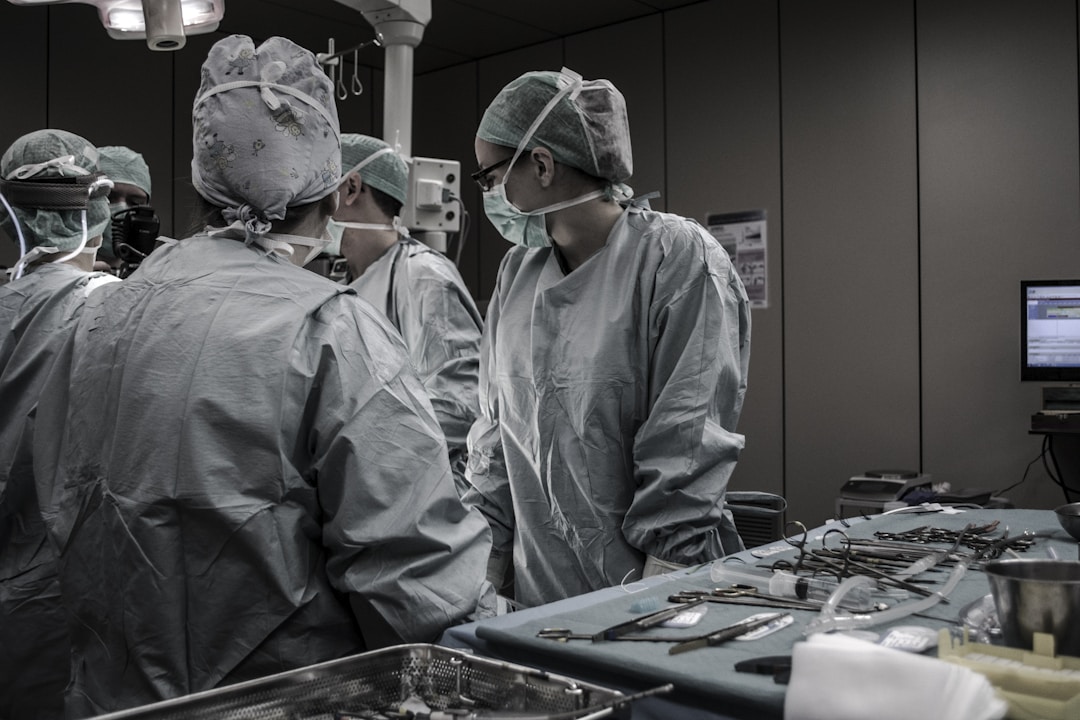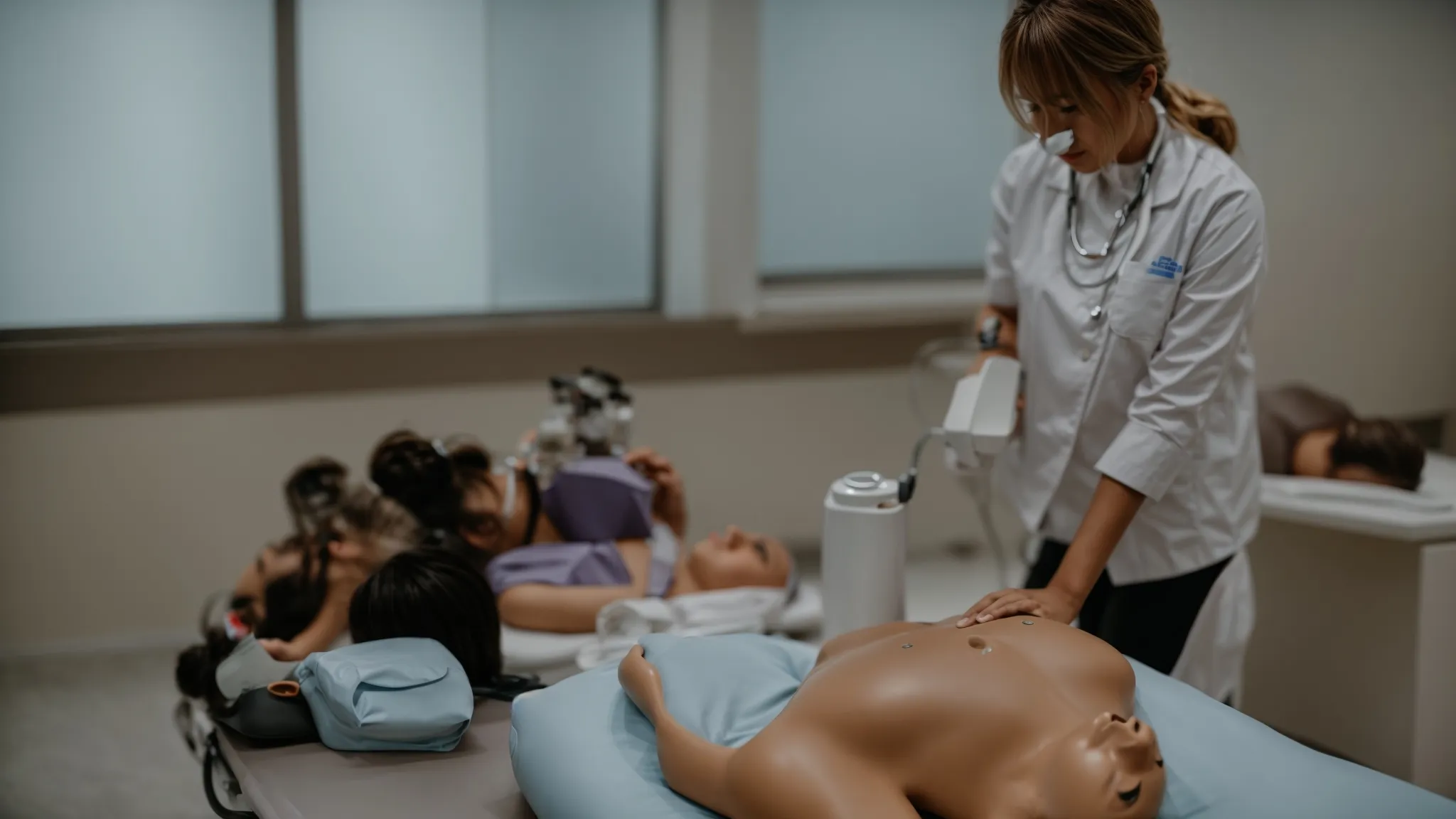Why BLS Certification is Essential for Healthcare Professionals
Basic Life Support (BLS) certification is a fundamental requirement for healthcare professionals, equipping them with the knowledge and skills to respond to life-threatening emergencies. Regarded as a critical qualification, BLS training prepares medical personnel to deliver prompt and effective cardiac and respiratory resuscitation. The benefits of such expertise extend far beyond legal mandates, enhancing the overall quality of patient care and safety. If you’re involved in healthcare or considering a career in the field, understanding why BLS certification is indispensable is key. Keep reading to delve deeper into the significance of BLS in the healthcare profession.
Understanding BLS Certification and Its Importance in Healthcare

BLS certification equips healthcare professionals with essential life-saving skills, including CPR, AED use, and emergency response before advanced care arrives. It ensures providers can act swiftly and effectively during cardiac arrests and other critical situations, directly improving patient survival rates.
Enrolling in a BLS Certification Class in Raleigh, NC by CPR Classes Near Me demonstrates a commitment to maintaining high standards of care. Through hands-on and theoretical training, participants gain confidence in real-world scenarios. Regular renewal keeps healthcare workers aligned with the latest protocols and advancements in emergency medical care.
The Role of BLS in Life-Saving Medical Interventions
BLS training empowers healthcare professionals to act decisively when every second counts. It emphasizes the chain of survival—a vital sequence that increases survival rates after cardiac arrest. By mastering chest compressions and rescue breaths, healthcare workers can sustain blood flow and oxygen delivery to critical organs, bridging the gap until advanced care arrives. This immediate response is often the determining factor between recovery and loss.
Beyond cardiac emergencies, BLS certification prepares providers to manage choking, drowning, and respiratory distress. The training also sharpens teamwork and communication under pressure, ensuring smooth coordination during critical interventions. These skills collectively enhance response effectiveness and patient outcomes in life-threatening situations.
How BLS Certification Enhances Professional Development for Healthcare Workers
BLS certification marks a key achievement for healthcare professionals, showcasing their commitment to patient safety and readiness to act swiftly in emergencies. It strengthens their professional profile, making them stand out in a competitive field where employers value hands-on, life-saving expertise. This credential not only enhances clinical competence but also reflects dedication to maintaining the highest standards of care.
The training also cultivates collaboration and effective communication among healthcare teams, improving coordination during critical situations. Beyond technical proficiency, BLS certification fosters personal growth and confidence, empowering professionals to take decisive action in high-pressure scenarios. This blend of teamwork, skill, and assurance directly contributes to better outcomes and stronger patient-centered care.
BLS Certification Compliance: Meeting Legal and Workplace Requirements

BLS certification is more than a credential—it’s a legal and professional necessity in many healthcare environments. States and institutions often require healthcare workers to maintain current certification to ensure consistent emergency readiness. In workplaces, it establishes a standard of care, ensuring all staff can respond effectively and cohesively under pressure. This shared training reinforces an organization’s commitment to safety and quality.
For healthcare providers, keeping certification current is vital, with most employers mandating renewal every two years to maintain proficiency in life-saving skills. Noncompliance can lead to serious consequences, including legal issues and risks to patient safety, underscoring the importance of maintaining active certification at all times.
The Impact of BLS Training on Patient Outcomes and Healthcare Quality
BLS certification extends beyond personal achievement—it strengthens patient outcomes and elevates healthcare quality. With quick, skilled responses during emergencies, BLS-trained professionals improve survival rates and recovery chances in critical situations. Research links prompt and effective BLS intervention to higher success in cardiac arrest cases, underscoring its vital role in emergency preparedness and care standards.
Healthcare quality relies not only on treatment but also on readiness to act when seconds matter. BLS-certified staff ensure that readiness, fostering a culture of safety, awareness, and reliability within healthcare settings. This vigilance enhances patient trust and reinforces confidence in medical institutions as dependable sources of life-saving care.
Overall, BLS certification is a cornerstone of healthcare professionalism and excellence. By ensuring that healthcare workers are skilled in vital emergency interventions, the industry maintains high standards of patient care and adherence to safety protocols.
